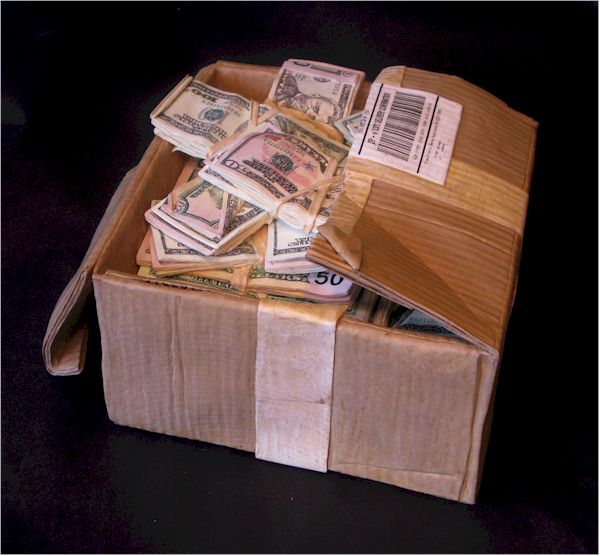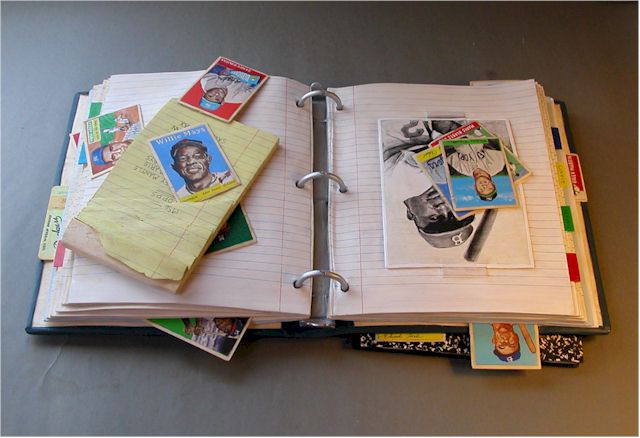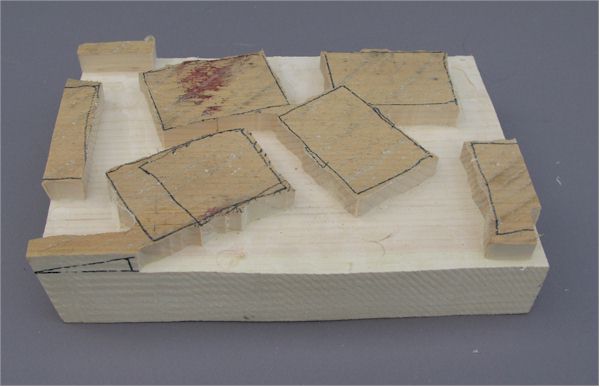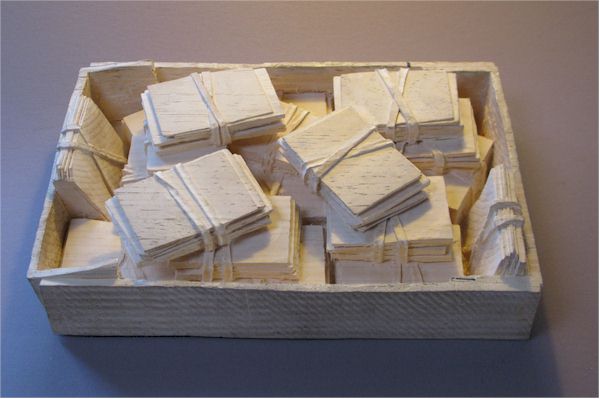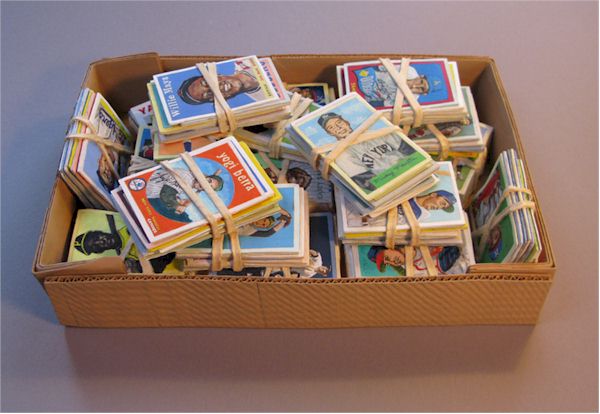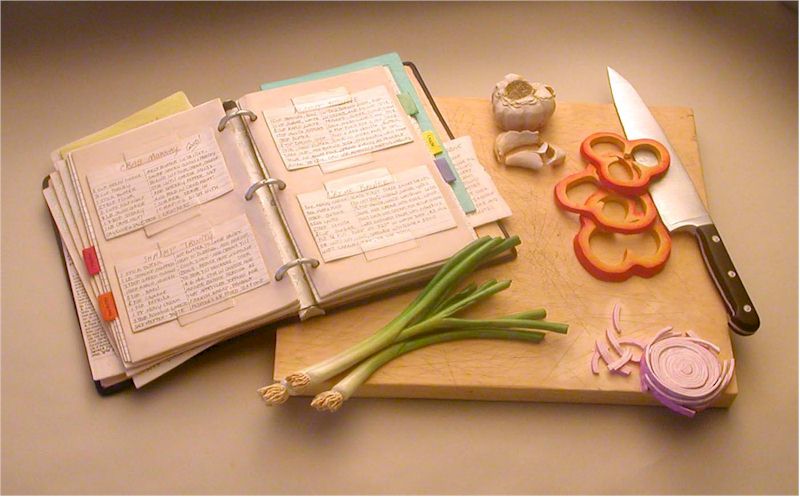It being the Christmas holidays, there is a surfeit of classic
Carry On on the television. In the past couple of decades, these films have become synonymous with Bank Holidays and there's always one or two playing.
Yesterday I found myself watching one of my favourites -
Carry On Screaming - and a sudden thought struck me ... what makes a
Carry On film a
Carry On film?
I'm sure if I asked the average Jamal or Janet in the street they'd say 'the cast'. But is it?
Carry On Screaming is a case in point; there's no Kenneth Connor, no Sid James, no Barbara Windsor, no Hattie Jacques. Charles Hawtrey's role as a cloakroom attendant lasts all of four minutes and Bernard Bresslaw's Socket the butler gets even less screen time. Joan Sims only gets about 10 minutes on film, a third of which is spent as a waxwork. The stars of the film are Harry H Corbett (in his only
Carry On role), Fenella Fielding (two appearances in
Screaming and
Regardless), and Jim Dale (appeared in 11) with Peter Butterworth (16) and Kenneth Williams (26). Yet it is still undeniably a
Carry On.
I would imagine that most of us have an idea of who we consider to be the 'Carry On Crew'. But, interestingly, some people on your list made very few appearances across the 31 films in the series. Barbara Windsor only made nine
Carry On films plus the 'clip Show' -
That's Carry On! Terry Scott made just seven and Leslie Phillips made four. And yet Patsy Rowlands made nine, Peter Gilmore made 11 and Michael Nightingale appeared in 13. Would you have included them in your list? Could you even say you know what Michael Nightingale looks like? Here he is:
Marianne Stone made nine, Billy Cornelius made eight - you may not know their faces either - Julian Holloway also made eight and Valerie Leon and Margaret Nolan made six. Joan Hickson made five, as did David Lodge and Bill Maynard. Interestingly, two
Doctor Whos have been in the
Carry Ons too - William Hartnell appeared once (
Sergeant) and Jon Pertwee appeared in four.
Then, of course, there's
Carry on Columbus, made in 1992, long after most of the original
Carry On crew had died or retired ... but is still considered part of the canon.
So, if it isn't the cast, maybe it's the people behind the films?
That might be true but it doesn't explain films like
The Big Job (1965) which featured Sid James, Joan Sims and Jim Dale, among others, and was directed by Gerald Thomas, who directed the
Carry On films. It was produced by Peter Rogers, who produced the
Carry On films, scored by Eric Rogers who scored the
Carry On films, and scripted by Talbot Rothwell ... who scripted the majority of the
Carry On films. So it's a
Carry On in all but name (and was briefly re-badged as
What a Carry On) but isn't considered one of the series. And it isn't alone; there's
Watch your Stern (1961) which, despite being directed by Gerald Thomas, produced by Peter Rogers, and starring Kenneth Connor, Sid James, Hattie Jacques and Leslie Phillips also isn't a
Carry On. And nor are
Please Turn Over (1959),
No Kidding (1960),
Raising the Wind (1961),
Twice Round the Daffodils (1962) and
Nurse on Wheels (1963), which all share
Carry On cast and production teams. To confuse matters still further, there's also a
Carry On Admiral (1957), which stars Joan Sims, and a
Carry On London (1937) starring future
Carry On performer Eric Barker ... and neither have any connection to the
Carry On franchise whatsoever.
Clearly, what makes a film a Carry On isn't just the choice of director, producer, writer, composer and/or cast. There's something else at play here. Maybe it's the movie company that funded them? It is true that the first 12 films (Sergeant to Screaming) were put out by Anglo-Amalgamated before the franchise moved to the Rank Organisation for the next 17 films. But when Rank cut their ties, Emmanuelle was funded by Hemdale Pictures and Columbus by Island World (part of 20th Century Fox). Meanwhile, The Big Job was made by Anglo-Amalgamated. So was Watch your Stern.
So what is it? What makes a
Carry on?
I think the answer lies in satire. Now, while you may not immediately think of the
Carry Ons as satirical films, they do all share one thing in common; they lampoon tradition and aspects of British life, whether it's the army, the NHS, camping holidays, seaside beauty contests, the unions, the Royal Navy or package holidays. They also spoof popular films such as Burton and Taylor's
Cleopatra,
Lawrence of Arabia, Beau Geste,
The Scarlet Pimpernel, the James Bond films, Westerns, and the Hammer Horror movies. Even the
Carry Ons that didn't get made, for whatever reason, fit this pattern. Among them were
Carry on Smoking (Fire Service),
Carry On Escaping (
Colditz and various POW films) and
Carry On Dallas. By contrast,
The Big Job was a simple crime caper in the mould of films like
Two Way Stretch, Too Many Crooks and
The Lavender Hill Mob. And
Mind your Stern wasn't taking the mickey out of the Navy; rather it was a 'man in wrong place at the wrong time' type scenario, like you'd find in some Norman Wisdom films and classics like
The Mouse that Roared or
Arsenic and Old Lace.
So maybe the reason that
Carry On Columbus didn't really work, despite a great cast of comedians, was that it wasn't a satire; it was a string of predictable jokes clumsily built around modern politically-correct sensibilities and loosely attached to the fact that it was the 500th anniversary of Columbus's 'discovery' of the Americas.
So, is there a future for the
Carry On franchise? There have been a couple of worthy attempts to make a new film in the recent past and they were in the satirical tradition;
Carry On London was a 2003 project helmed first by Peter Richardson and later Ed Bye and starred people like Keith Allen, Vinnie Jones, Shane Ritchie and Daniella Westbrook. It told the story of a limousine company - Lenny's Limos - hired to take actors to the Herberts, a British spoof of the Oscars. It re-appeared in 2009 with the alternative title of
Carry On Bananas with Charlie Higson rumoured as director and names like Paul O'Grady, Meera Syal, Liza Tarbuck, Frank Skinner, Lenny Henry and Jennifer Ellison attached ... but nothing came of it.
And, in 2010, there was talk of a movie called Carry On To The Next Round, a kind of X-Factor/Pop Idol type spoof, with Russell Brand being lined up to play a Simon Cowell type character who becomes bsotted with a contestant played by Girls Aloud singer Sarah Harding. It also has failed to appear. At least not yet. And I'm not sure they ever will.
You see ... satire has moved on and I do wonder whether
a new Carry On film could ever hold its own against things like Yes Prime Minister, The Thick Of It, The Day Today or Drop the Dead Donkey.
Secondly, there is the fact that the
Carry Ons thrived on stereotypes: the saucy 'dolly bird', the frumpy secretary, the big thick bloke, the dirty old man, the battleaxe wife, the camp effete, the innocent unworldly young man, the henpecked husband, the matronly larger woman. These days we frown upon such stereotypes even though they will always be there and it is in our nature to recognise them. Sexual politics have changed. So too has the diversity of people in the UK. In the era of the classic
Carry Ons, it was acceptable for Bernard Bresslaw to 'black up' as a native African bearer or an Arab tribesman and for Kenneth Williams to put on the accent of an Indian potentate. Rightly or wrongly, this was part of the films' humour. The few well-known black actors of the time, like Kenny Lynch or Rudolph Walker, were relegated to support roles. These days that would be completely unacceptable. The
Carry On franchise was built upon white working class seaside postcard humour of a kind that has all but disappeared.
Which is why I think that maybe it's better to say ... Carry On no more.
The
Carry On films are still great fun ... at least to people of my generation. But my kids - all in their 20s - are utterly bemused by them. They were firmly of their time. So why try to recreate them? And why bother? I remember hearing someone say once that, 'People don't really want
The Beatles to reform ... they just want to feel young again.' I heard similar sentiments when the
Star Wars prequels came out; the adults all derided them but kids loved them - even Jar Jar Binks. I saw the original
Star Wars when I was 16 and it was magical and brilliant. No matter how much money or skill George Lucas threw at
The Phantom Menace, he could never have made me feel like that again because time had moved on ... and so had I.
So I suspect that the
Carry Ons are no more possible to resurrect than is
Monty Python's Flying Circus. Both franchises occupy a place in our hearts and cinema/TV history that simply isn't reproduceable.
Monty Python - the Next Generation? I very much hope not.
Carry On 21st Century style? I really don't think that it's achieveable.
But who knows? I could be wrong. They've reinvented
Doctor Who and
James Bond for the 21st century. They may yet pull it off.
Hyuk yuk yuk.





.jpg)







